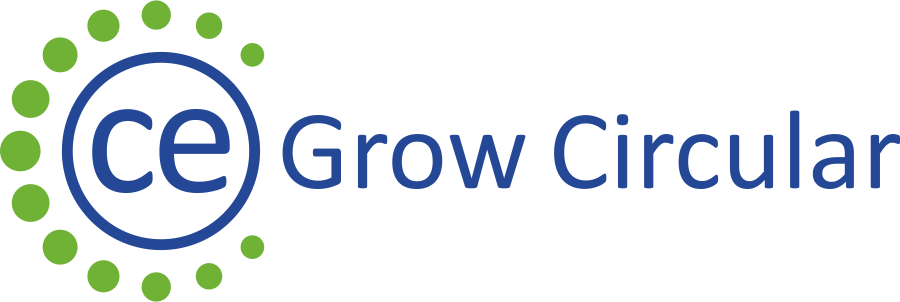Supporting Policies

Action Plan on Critical Raw Materials
European Innovation Partnership on Raw Materials
European Raw Material Alliance
European Raw Materials Initiative
A part of these strategic efforts is also progressive identification of Critical Raw Materials, materials of special importance to EU economy.
Demand for CRMs is growing at a rapid pace and future trends (growth of renewable energy sector, e-mobility, expansion of digital networks and services) are suggesting further growth of pressure on these resources.
Cooperation among industry, academia and public will therefore be essential to make substantial progress in the science and technology of element recovery, better performing materials and substitutes.
With this purpose ERMA was created as a dedicated industrial alliance to specifically address the numerous challenges faced by the raw materials value chains. ERMA is managed by EIT RawMaterials, the largest consortium in the raw materials sector worldwide, initiated by the EIT (European Institute of Innovation and Technology).
Flows of raw materials and their current supply risks for selected technologies and sectors
Source: European Commission, Critical materials for strategic technologies and sectors in the EU – a foresight study, 2020
European Raw Material Alliance
EIT Raw Materials
The EU is planning to launch research and innovation activities to improve the circular and sustainable use of resources focusing on waste processing (to obtain secondary CRMs), substitution of CRMs with non-critical materials, and developing advanced materials. This will be financed through EU multiannual funding programmes such as Horizon Europe and the European Regional Development Fund and national support programmes.
To actively support investment in CRMs supply chains, the Commission suggests using the Sustainable Finance Taxonomy.
The EU is also planning to carry out assessments of the amount of secondary CRMs in various waste stocks, and propose viable recovery projects by 2022.



